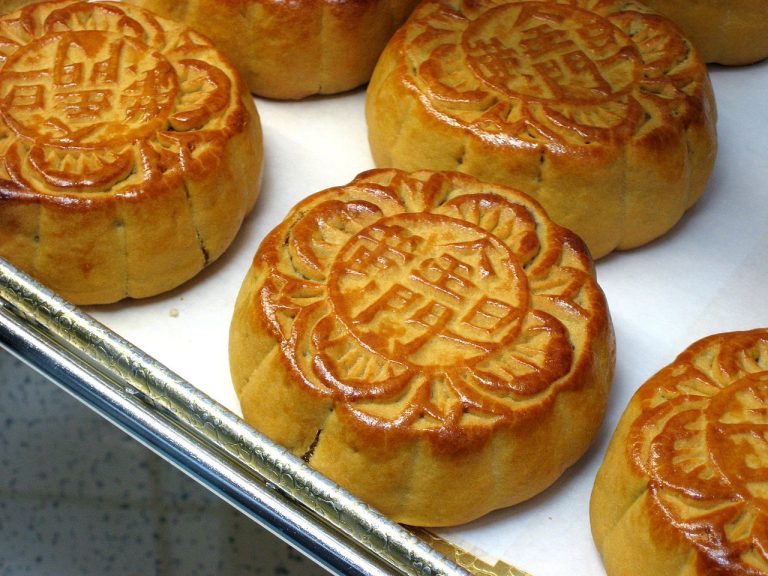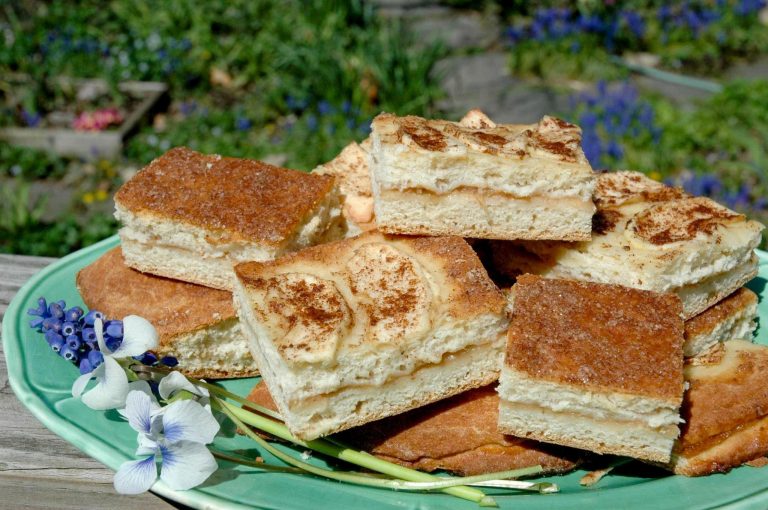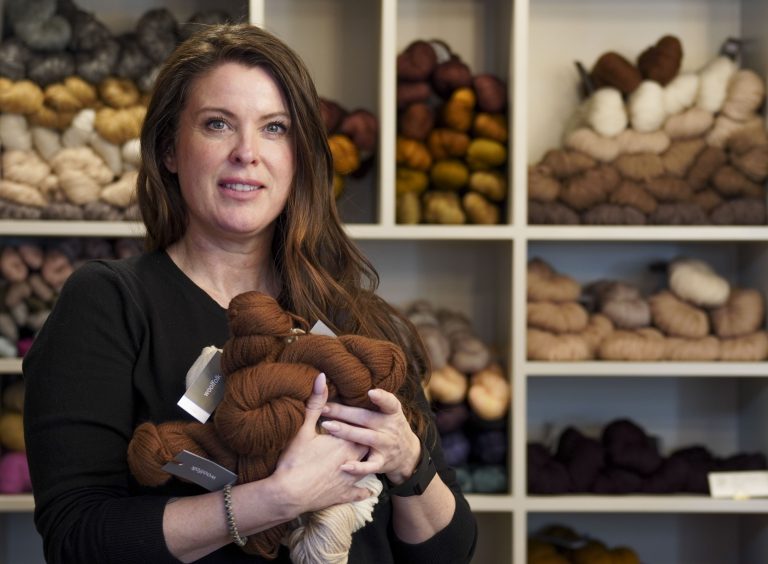Mooncakes are a traditional Chinese dessert served during the Mid-Autumn Festival. Topped with elaborate patterns, these rich pastries are exchanged as gifts while families reunite for the holiday. Traditional mooncakes made with quality ingredients can be very expensive to buy, but you can save money by making mooncakes at home. The personal touch will be greatly appreciated by the lucky recipients!
Significance of mooncakes
Yue bing, or mooncakes, are just as important to the Mid-Autumn Festival as zongzi, or rice dumplings, are to the Dragon Boat Festival. With the shape and color of a harvest moon, they represent family togetherness — much like the American Thanksgiving turkey — and are enjoyed while watching the full moon after a big family meal.
Mooncakes are specific to the Mid-Autumn Festival because it always starts with a full moon. Traditionally a harvest celebration, the holiday is based on the Chinese lunar calendar, which puts it on the fifteenth day of the eighth month every year. This year, it fell on September 10 of our Gregorian calendar.
In Chinese culture, the circle represents completeness, or togetherness, and the full moon is a sign of prosperity. The mooncake thus symbolizes reunion and prosperity for the whole family. Most Chinese will try to be with their families during this time. Even if they are unable to get together, the fact that they still view the same moon as their loved ones helps them feel close. The harvest moon is typically large and bright, offering lots of opportunity for a glorious view.
Special ingredients in traditional mooncakes
Traditional mooncakes are baked pastries stuffed with a rich filling, and gifting them can be an expensive endeavor. Depending on the ingredients and the packaging, a set of four can range from $15 to $200 and up.
Success
You are now signed up for our newsletter
Success
Check your email to complete sign up
Making mooncakes at home can be a fun project that will please your friends and family. Both the outer crust and the stuffing contain ingredients that may be absent from most American groceries. If you don’t have a Chinese grocery nearby, you can prepare the ingredient, or a suitable substitute at home.
The first such ingredient is golden syrup. Commonly used in British cooking, this inverted sugar is essential in the crust of mooncakes, and cannot be replaced with honey or sugar. If you can’t find a jar of it, it is easily produced by cooking sugar and water with a little lemon juice.
Lye water is another essential ingredient of mooncakes. This caustic liquid is very dangerous if swallowed undiluted, but it is used in small amounts in Chinese cooking to enhance color and texture of various foods. In mooncakes, it neutralizes the acid of the golden syrup, giving the crust a fluffy texture and golden brown appearance. Again, if you can’t find it, this ingredient is easy to make at home.
The remainder of the crust ingredients are universally common, so next we’ll move on to the filling.
The rich center of a traditional Cantonese mooncake is egg yolk — but not just any egg yolk. Salted duck egg yolk, which may be difficult to find, can be replaced with home-cured chicken egg yolk, yielding an opaque product with the texture of gruyere cheese.
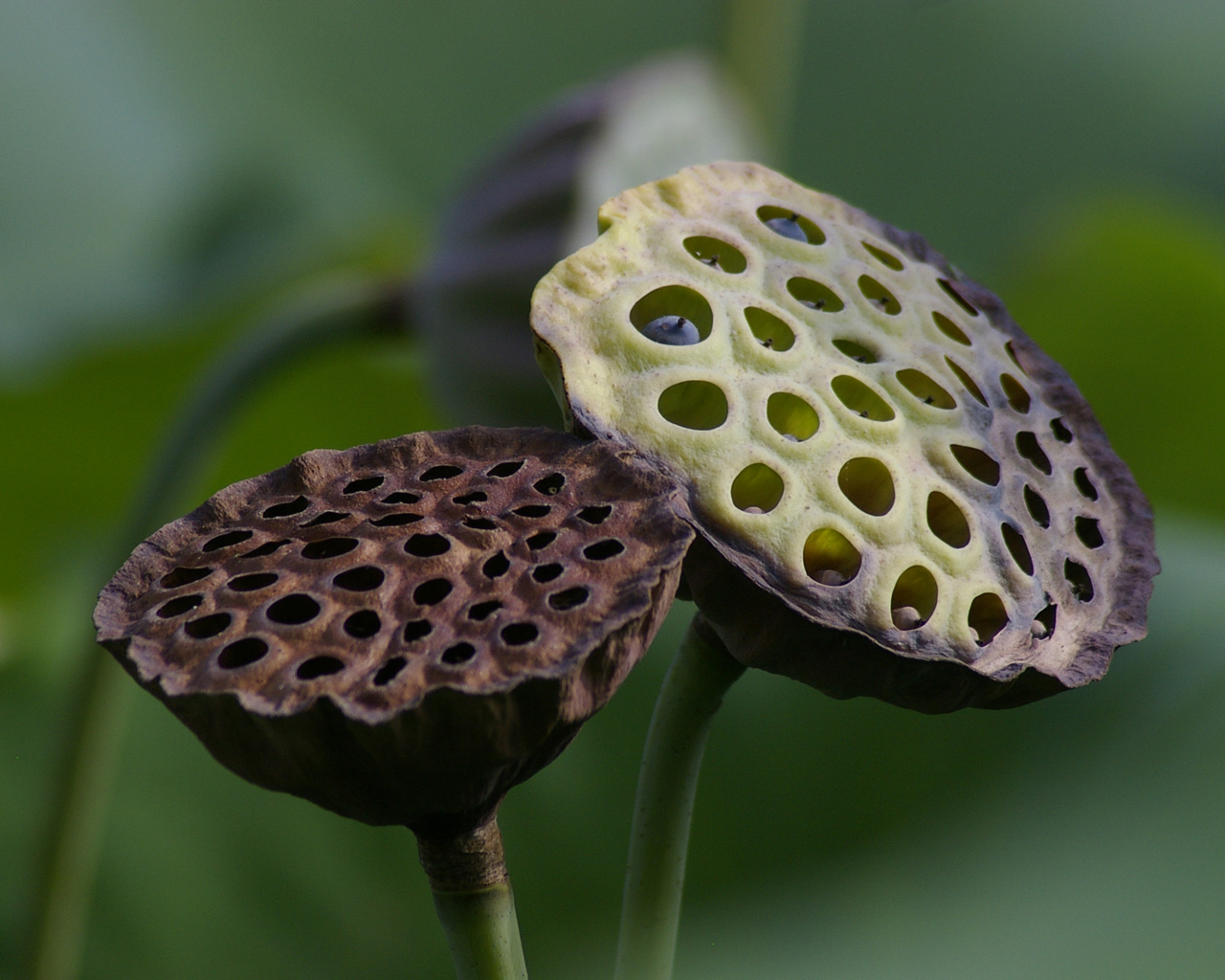
Lotus seeds, also known as lotus nuts, come from the pod of the lovely lotus flower. They are rich in nutrients and antioxidants and are considered a valuable healing herb in traditional Chinese medicine. A paste of lotus seed surrounds a salted egg yolk to form the interior of a Cantonese mooncake. Lotus paste and lotus seeds alike may be difficult or expensive to obtain, but a substitute of white bean paste can be used in a pinch.
Aside from these special ingredients, you will also need kitchen scale, a pastry brush, and a mooncake mold, available in Chinese shops or online platforms like eBay, Amazon, etc.
Making mooncakes -based on the original recipe from Red House Spice
Ingredients:
Fillings
175 g lotus seeds paste
50 g vegetable oil
Dough
150 g golden syrup, a type of inverted sugar
½ tsp lye water
50 g vegetable oil
220 g all-purpose flour
You also need
Cornstarch for dusting
1 egg yolk for brushing
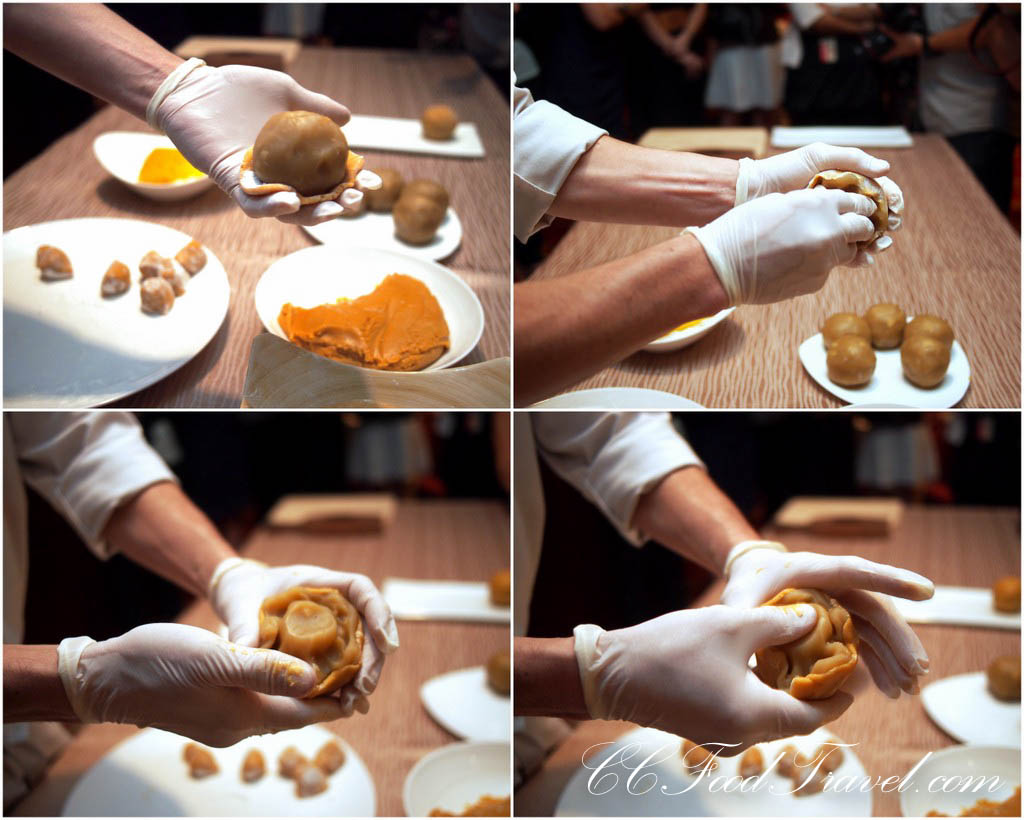
Instructions
Prepare the dough
Mix golden syrup, oil and lye water until well incorporated. Add the flour, mix, and knead briefly to form a soft dough.
Cover the dough with plastic wrap and let it rest for 30 minutes.
Assemble
Put one salted egg yolk and some lotus seed paste on the scale. Add or take away the paste to achieve a weight of 30g.
Flatten the paste into a circular shape and place the yolk in the center. Gently press the paste upwards to enclose the yolk.
Similarly, flatten 20g of the dough into a circular wrapper. Fold it tightly around the filling and shape the whole thing into a ball.
Pressing the mold
Coat the ball with a thin layer of cornstarch and place it inside a mooncake mold.
Place the mold with the opening facing down over a baking tray lined with parchment paper. Gently press the handle down to shape the cake; then lift the mold and press to release the cake.
Bake
Preheat the oven to 375°F/190°C. Bake the cakes for five minutes. While waiting, mix the egg yolk with 1 teaspoon of water for brushing.
After five minutes, reduce the oven temperature to 320°F/160°C. Take out the mooncakes and brush the tops with a thin layer of the egg wash.
Put them back into the oven and bake for an additional five minutes. Take them out again and give them another coat of egg wash.
Place them back in the oven to bake for 10-15 minutes, or until evenly brown.
Rest & store
Transfer the baked mooncakes to a cooling rack. Once completely cooled, store them in an airtight container for one or two days before consumption. During this period, mooncakes improve in texture and gain a sheen on the surface. The Chinese call this process Huí Yóu (回油), meaning “the return of oil.”
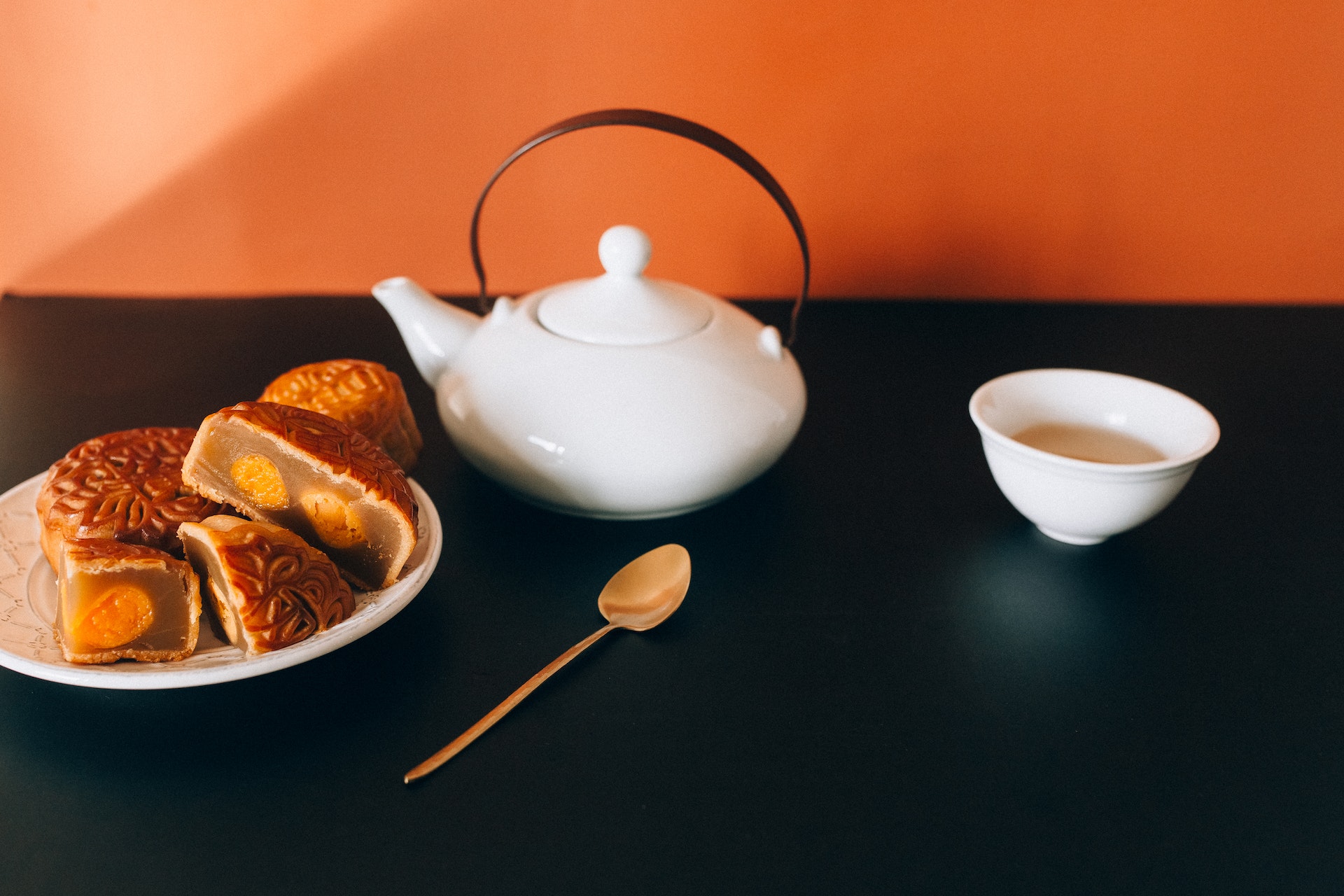
Enjoying mooncakes
While mooncakes come in a variety of forms and flavors, the traditional pastries are high in calories, carbohydrates, and fats. A typical lotus seed paste mooncake with one salted egg yolk contains roughly 790 calories per cake, more than the recommended caloric intake for a whole meal.
Since they are only served during this short period, it is not likely to be a problem, but, as with any special treat, it is best not to overindulge! It has been said that mooncakes taste better when shared.
Many people eat mooncake sliced like a pizza, and sharing it is considered the most momentous part of the Mid-Autumn festival. A quarter of one mooncake with egg yolk and lotus is considered one serving.
Leftover mooncakes can be stored in the fridge for up to 2 weeks, but should be served at room temperature for best flavor.
READ ALSO:
- Legends of the Mid-Autumn Festival
- Reunite With Family Under a Full Moon! China’s Mid-Autumn Festival
- Paper Gourds of the Dragon Boat Festival
Lucy Crawford contributed to this report.



